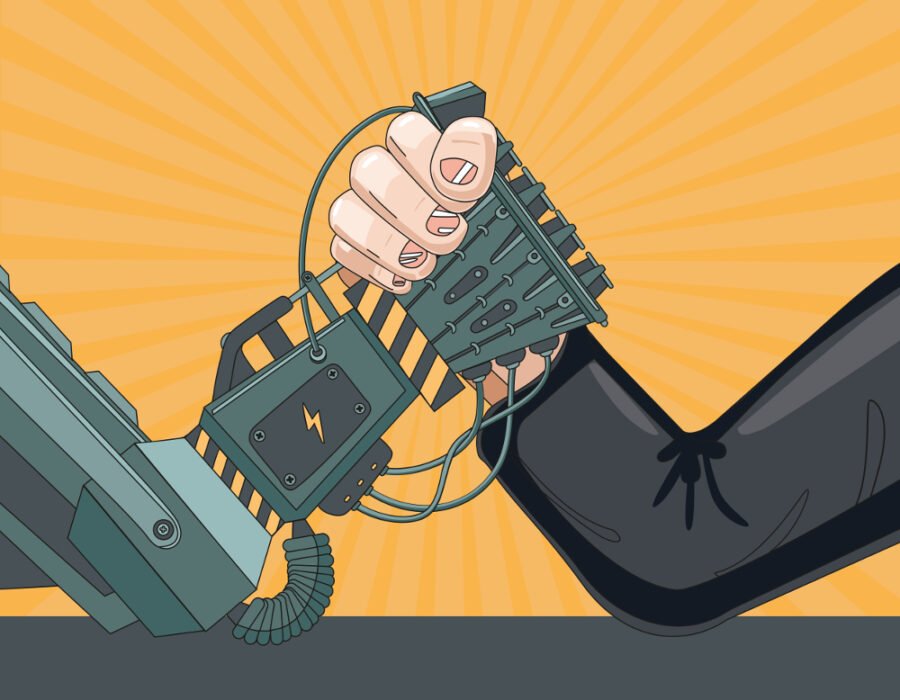Written by Johanna Lim Ziyun (Associate Author) | Mentored by Nisha Rajoo | Reviewed by Edmund Koh
LawTech.Asia is proud to have commenced the third run of its popular Associate Author (2020) Programme. The aim of the Associate Authorship Programme is to develop the knowledge and exposure of student writers in the domains of law and technology, while providing them with mentorship from LawTech.Asia’s writers and tailored guidance from a respected industry mentor.
In partnership with the National University of Singapore’s alt+law and Singapore Management University’s Legal Innovation and Technology Club, five students were selected as Associate Authors. This piece, written by Johanna Lim and reviewed by industry reviewer Edmund Koh (China Telecom Asia Pacific), marks the third thought piece in this series. It scans the landscape of lawyers and technology, and sets out steps that lawyers should take to meet a future technologically-driven paradigm.





